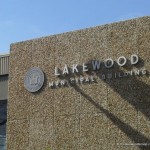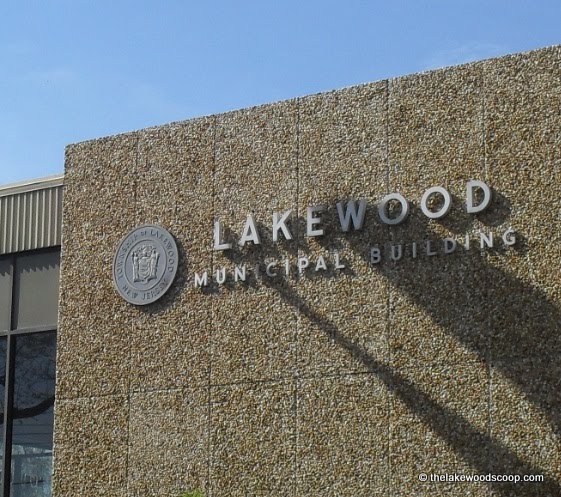 Today, Thanksgiving, is both a Federal and State in New Jersey, which means Federal, State and Municipal offices will be closed. Post offices will be closed and there will be no regular mail delivery. Financial markets will be closed. Public school and banks have the option to remain open.
Today, Thanksgiving, is both a Federal and State in New Jersey, which means Federal, State and Municipal offices will be closed. Post offices will be closed and there will be no regular mail delivery. Financial markets will be closed. Public school and banks have the option to remain open.
NJ Transit trains will run on a holiday schedule, and PATH trains will operate on a Saturday schedule.


Will there be mail delivery on Friday?
of course! friday isn’t a legal holiday- today is.
A Day of ‘Public Thanksgiving and Prayer’ From the Heritage Foundation
Most of us have heard or read at least part of Abraham Lincoln’s Thanksgiving proclamation at some point. But even those who have heard it many times can overlook two important aspects of this important document.
The first is its timing: October 3, 1863. The nation had already endured two years of appalling carnage on the battlefields of the Civil War. And although Gettysburg and the fall of Vicksburg seemed to mark a turning point in favor of the Union, there was no clear light at the end of the tunnel. In fact, much more blood would be shed in the months ahead. And yet President Lincoln paused at this time of unimaginable crisis not only to urge Americans to give thanks, but to note how blessed our nation is. “The year that is drawing toward its close has been filled with the blessings of fruitful fields and healthful skies,” the first sentence reads. He lists those blessings in terms so strong and soaring one could almost forget this was one of our nation’s darkest hours.
Nearly 150 years later, this is a perspective check. If Lincoln could encourage his fellow Americans to give thanks at such a bleak time, how can any of us complain about our lot? How can we read about polls that suggest our best days are behind us, that all we can do is manage our “inevitable” decline? What nonsense. That has not to say we do not have difficulties. We do — serious ones. And no, the answer is not to crack a phony smile and pretend everything’s great. We need to do what past generations have done: look our problems squarely in the eye, roll up our sleeves, and get the job done. We make mistakes, but we learn from them. But to give up? No. Such a defeatist attitude is unworthy of a free people.
The second aspect of Lincoln’s proclamation that is sometimes forgotten is the reason given for the holiday. To give thanks, yes, but not just in general — to give thanks to God. “No human counsel hath devised nor hath any mortal hand worked out these great things,” he writes. “They are the gracious gifts of the Most High God, who, while dealing with us in anger for our sins, hath nevertheless remembered mercy.”
Whoa — hold on there. Somebody get the ACLU. How un-PC can a president get? Wasn’t Lincoln worried that he might offend some of his listeners? Hardly. He was following in the hallowed footsteps of George Washington. Notice the date of Lincoln’s proclamation: October 3. On that same day in 1789, the nation’s first president gave his Thanksgiving proclamation. And like Lincoln, he was clear about who deserved our gratitude.
Washington called that day on all Americans to observe a day of “public thanksgiving and prayer” devoted to “the service of that great and glorious Being who is the beneficent Author of all the good that was, that is, or that will be.” This should not surprise anyone. “Of the many influences that shaped the American concept of liberty, the first and most formative was faith,” writes author and Washington scholar Matthew Spalding. The Founding Fathers knew the First Amendment did not forbid public mention of God. It simply meant there could be no official state church. They also knew that, whatever church an American belonged to, he ought to give thanks to Almighty God. Not because we are living in some heaven on earth — that is impossible. But because despite our problems, we are incredibly blessed. We live in a land that recognizes our right to life, liberty and the pursuit of happiness. In a world beset with death, tyranny, disease, and famine that is nothing short of a miracle. We need to act as if we believe that. And the best way to start is to say thanks. Edwin J. Feulner, President, The Heritage Foundation
But school busses will run!
Happy Thanksgiving Lakewood!
only in lakewood do the school buses run
Who are the school buses running from?